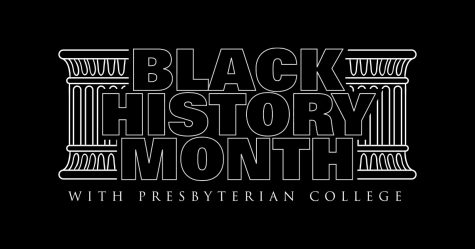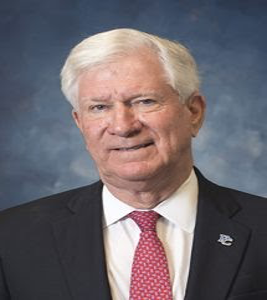Business at PC: more than just the numbers

March 18, 2017
Like many incoming freshmen at Presbyterian College, I had no idea what major to pursue. Allured by a promising future as a doctor, I initially settled on a biology major. However, after taking my first biology class, I quickly realized that this was not the correct career path for me.
I was at a complete loss when biology did not work out for me; I had put all my eggs in one basket with no back up plan. Over the next few months, I considered all possible majors, hoping to find the one that would lead to an enjoyable and successful future. After many worried talks with my parents about my future, my mother finally suggested a major I had never even considered: business.
Initially, I scoffed at the idea of a business major. After taking AP calculus in high school, I was convinced I did not want a major or career with a heavy math influence. My impression of the business world was people sitting behind desks, figuring out ways to turn one dollar into two. Even though I was skeptical, I knew from past experience that my parents are usually right, so I signed up for my first economics class. This proved to be one of the best decisions I have ever made.
Fast forward three years later and I am eagerly anticipating graduating in just two months with a degree in Business Administration and a minor in Media Studies. While I will attend seminary in the fall to pursue the ministry as a worship leader, I know the skills acquired while studying business at PC will easily translate into this particular career. I now understand that the knowledge gained while studying business can be applied to many fields, such as healthcare, politics, education, and social services. These business skills can also be the differentiating factor that sets one apart and becomes the key to success in numerous and diverse disciplines.
I believe there are others like my freshman self that have a misconception of what studying business entails; they think it’s only numbers. While math is important, it is not everything. Business is much more than that. Business classes and topics include communication, interpersonal skills, leadership, and even psychology. Business could even broadly be defined as the study of human interaction to achieve a goal that benefits both parties or society as a whole. So once we take business out of a very limited and confined context, we see this academic area actually covers a wide range of topics that can be applied to many careers, including ministry for myself.
In this series, I will discuss information shared by the speakers from the Society for the Advancement of Management (SAM Club) and will relate how their advice can benefit not only the next Steve Jobs, but also the next Barack Obama or Mother Theresa. My hope is that we will learn something new from these business leaders that will help us excel, regardless of our next steps in pursuing our careers or continuing our education.














